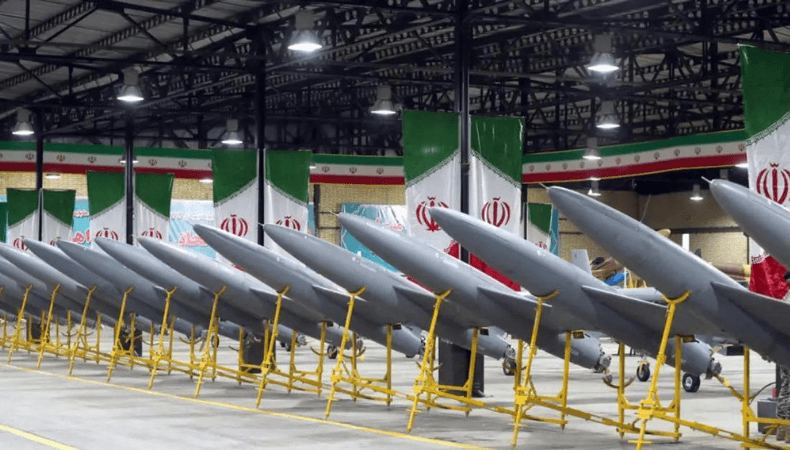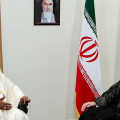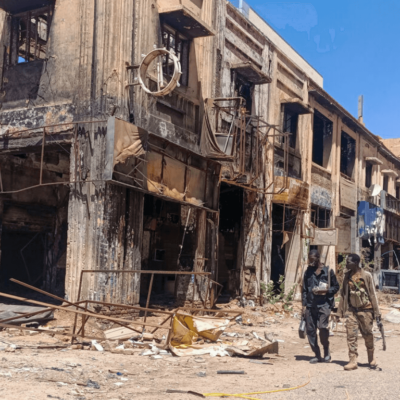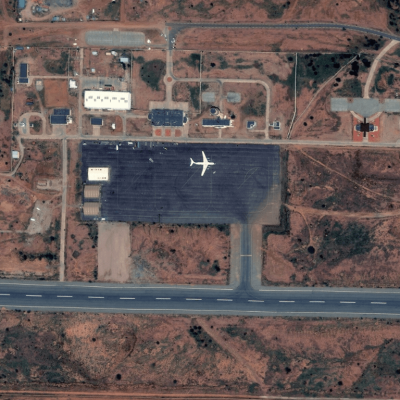How Drones Became Iran’s Weapon of Choice in Sudan’s Bloody War

Drones, or unmanned aerial vehicles (UAVs), have become a deadly weapon in the ongoing civil war in Sudan, where the government forces and the rebel groups are fighting for control of the country. The drones are capable of conducting surveillance, reconnaissance, and strikes, and can operate in remote and difficult terrain.
According to a recent report by the United Nations Panel of Experts on Sudan, the drones used in the conflict are supplied by Iran, which has been accused of violating the arms embargo imposed on Sudan since 2004. The report states that Iran has provided the Sudanese government with at least six types of drones, including the Ababil-3, the Mohajer-4, and the Shahed-129.
A Strategic Ally
Iran’s involvement in the Sudanese civil war is not surprising, given its strategic interests and ambitions in the region. Iran has been a long-time ally and supporter of the Sudanese government, which shares its Islamic and anti-Western ideology. Iran has also used Sudan as a transit point and a launching pad for its operations and proxies in Africa and the Middle East.
Iran’s drones are not only a military asset, but also a political tool, as they demonstrate Iran’s technological prowess and regional influence. Iran’s drones are also a challenge and a threat to its rivals and enemies, such as Israel, Saudi Arabia, and the United States, which have their own interests and stakes in the Sudanese conflict.
A Complex Conflict
The Sudanese civil war is a complex and multifaceted conflict that has its roots in the historical, ethnic, religious, and economic divisions and grievances in the country. The war began in 2003, when rebel groups in the western region of Darfur rose up against the central government, accusing it of marginalization and oppression. The war then spread to other regions, such as South Kordofan and Blue Nile, where other rebel groups joined the fight.
The war has resulted in the death of hundreds of thousands of people, and the displacement of millions more. The war has also caused a humanitarian crisis, as the civilians have faced atrocities, famine, disease, and human rights violations. The war has also attracted the involvement and intervention of various regional and international actors, such as the African Union, the United Nations, the European Union, China, Russia, and the United States.
Keep Reading
The Implications: A Peaceful Solution or a Prolonged War?
The Sudanese civil war has been the subject of several peace talks and ceasefire agreements, but none of them have been fully implemented or respected by the warring parties. The latest attempt to end the war was the Juba Peace Agreement, which was signed in October 2020, between the transitional government of Sudan, which came to power after the ouster of former president Omar al-Bashir in 2019, and several rebel groups.
However, the Juba Peace Agreement has faced many challenges and obstacles, such as the lack of trust and cooperation among the signatories, the exclusion of some key rebel groups, the resistance of some military and political factions, and the interference of some external powers. The agreement has also been threatened by the recent coup attempt in Sudan, which was foiled by the loyalist forces on September 21, 2021.
The Iranian drones are a factor and a symptom of the complexity and difficulty of the Sudanese civil war, which has no easy or quick solution. The drones are a source of violence and instability, but also a result of the failure and frustration of the peace efforts. The drones are a proxy and a projection of the interests and ambitions of Iran, but also a reflection of the needs and aspirations of the Sudanese people.







